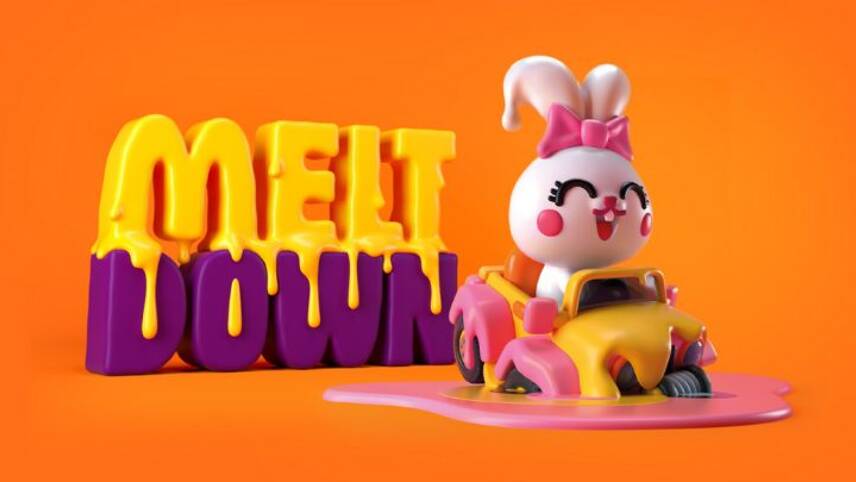Register for free and continue reading
Join our growing army of changemakers and get unlimited access to our premium content

Burger King is approaching the phase-out with a take-back scheme
The moves, which will apply to both of the fast-food chains’ UK outlets only, come off the back of a petition by two young sisters from Southampton.
More than half a million people have signed Ella and Caitlin’s ‘save the environment – stop giving plastic toys with fast-food kids meals’ petition since it launched around one year ago. The petition was notably featured on the BBC’s War on Plastic series.
Responding to the petition, McDonald’s confirmed this week that customers will be able to choose a bag of either melon chunks or apple slices with grapes instead of a toy when buying a Happy Meal.
The fruit replacements currently come in a flexible plastic bag not widely recycled by local council collection schemes, but this packaging is “under review” as part of McDonald’s commitment to source 100% of packaging from “renewable, recycled, or certified sources” by 2025.
Going forward, McDonald’s will offer the option of choosing a book over a plastic Happy Meal toy, beginning in 2020. Next year will additionally see McDonald’s add more gifts made from paper-based or otherwise “renewable” materials to its Happy Meal offer.
McDonald’s UK’s chief executive Paul Pomroy said the company will track customer choices over the next 12 months to assess their wants and needs in this space.
“We recognise that some people may not want a plastic Happy Meal toy, but we also know that the gifts provide fun for many families and children,” Pomroy said.
“That’s why we’ll be running these trials, in order to give our customers a choice; they also can choose not to have a toy or gift at all.”
Plastics Meltdown
Burger King, meanwhile, has gone one step further, confirming that it will not distribute plastic gifts with its King Junior Meals with immediate effect. This will reduce its annual plastic output by 320 tonnes.
The chain will additionally be hosting a plastic toy “amnesty” scheme, whereby customers will be able to bring unwanted meal toys from any brand to any of its 500+ UK stores and deposit them in take-back boxes.
Once deposited, the toys will be collected by recycling firm Pentatonic for processing. Pentatonic intends to use this resource stream to manufacture equipment for play areas.
In order to engage children with the take-back scheme, Burger King has partnered with branding agency Jones Knowles Ritchie (JKR) to develop a communications campaign featuring characters made from melting plastic. They are a jeep-driving bunny – Beep Beep; an oversized robot – Mr Hugglesworth; and a wind-up T-Rex – Roary.
Additionally, those who deposit a toy through the amnesty boxes will be entitled to a free King Junior Meal with the purchase of an adult meal.
“Removing plastic toys from our kids’ meals represents a huge step for the brand in the UK and we knew we couldn’t do this quietly,” Burger King’s UK marketing director Katie Evans said.
“The provocative idea that JKR presented demonstrated the engagement we were looking for; we knew it would capture the nation’s attention and change kids’ meals forever. This is an opportunity for us to lead radical change in our industry and we know we can positively contribute to finding new, more sustainable solutions, long term.”
Burger King is notably working to make all of its packaging recyclable, biodegradable or compostable by 2025, after removing plastic straws from all its UK restaurants last year. The chain claims the straw ban will cut the brand’s UK-based plastic use by 29 tonnes each year, reducing its total annual plastic output by 36%.
Sarah George


Please login or Register to leave a comment.